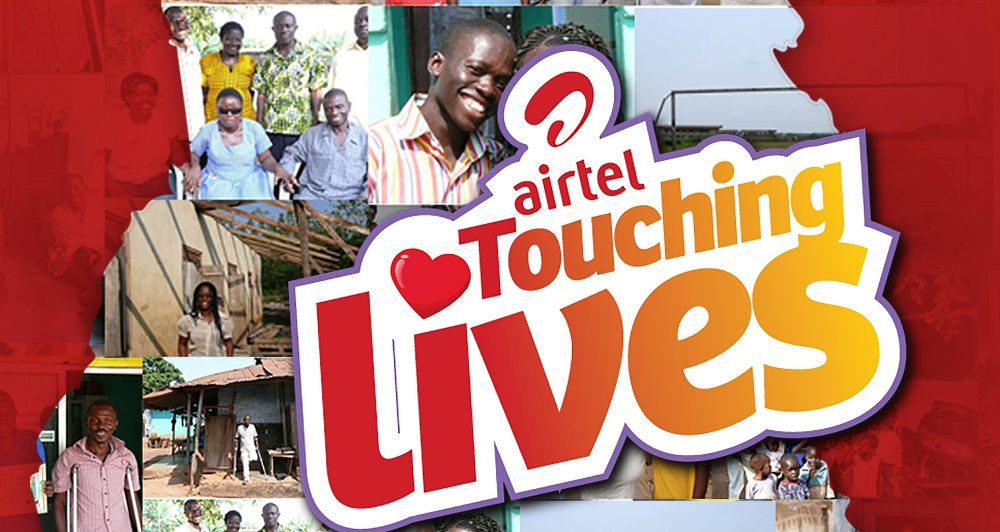The long-term sustainability strategy launched by Airtel Africa has nine goals, which it says will address the business’ material topics identified through an extensive consultation at the beginning of the year and enable the Group to continue delivering sustainable growth and uphold the best governance standards.
Here are the nine goals and commitments
Data security goal: Establish industry-leading data security for our customers through investments in technology and expertise, updated processes and consumer awareness – with focus areas around confidentiality, integrity and availability.
Service quality goal: Provide underserved communities with access to reliable networks and connectivity through the rollout of new infrastructure and technology, improved fibre connectivity and capacity – with focus areas on service accessibility, delivery and reliability.
Supply chain goal: Ensure all our suppliers are aligned with our sustainability agenda through programmes to increase supplier disclosure and audit ESG performance – with focus areas on enhanced supplier due diligence and ongoing ESG compliance.
Commitments to our people: with our ongoing commitment to provide rewarding employment opportunities and to achieve genuine diversity and inclusion at all levels across the business through: o Delivering equality in our workforce through recruitment and programmes to provide training and advancement for everyone regardless of gender, nationality or disability.
Digital inclusion goal: significantly improve digital Inclusion across Africa by driving the penetration of mobile, smartphones and home broadband in rural areas through the provision of retail and support services.
Financial inclusion goal: significantly increase financial inclusion in Africa, with particular support for women through the development of affordable financial products to meet the needs of the un- and under-banked, a reliable service and financial confidence and literacy.
Access to education goal: helping transform the lives of over one million children through improving access to education – with programmes around connectivity, the provision of zero-rated education content under a five-year UNICEF partnership, connecting 1,400 schools to the internet by 2027, and the adoption and support of schools in all our markets.
Greenhouse gas emissions reduction goal: Our ambition is to achieve net zero greenhouse gas (GHG) emissions ahead of the 2050 deadline set out in the Paris Agreement. To do this we must fully identify, measure and reduce our GHG emissions which can only be achieved in partnership with our peers and the wider industry. We will establish and launch a sector leading and credible decarbonisation pathway in 2022, ahead of the publication of our first Sustainability Report.
Environmental stewardship: Eliminate hazardous waste from our operations, significantly reduce our non-hazardous waste and minimise our water consumption with programmes to replace damaging materials, expand recycling schemes and build employees’ awareness around the protection of our natural resources.

Commenting on the long-term sustainability strategy, Segun Ogunsanya, CEO, Airtel Africa, said: “Today is a significant milestone in Airtel Africa’s journey. Our new strategy provides a solid foundation for us to accelerate change for the communities we serve and the environment in which we operate. We have worked closely with our stakeholders to ensure that this strategy is ambitious, robust and credible. This partnership approach underpins all the work we will deliver through our strategy. We will look to collaborate across the industry, recognising that by working together, we will be able to drive a more significant impact for the people who need it most. We are more committed than ever to ensuring open and honest communication on our progress as Airtel Africa embarks on its long journey towards a more sustainable future.”




